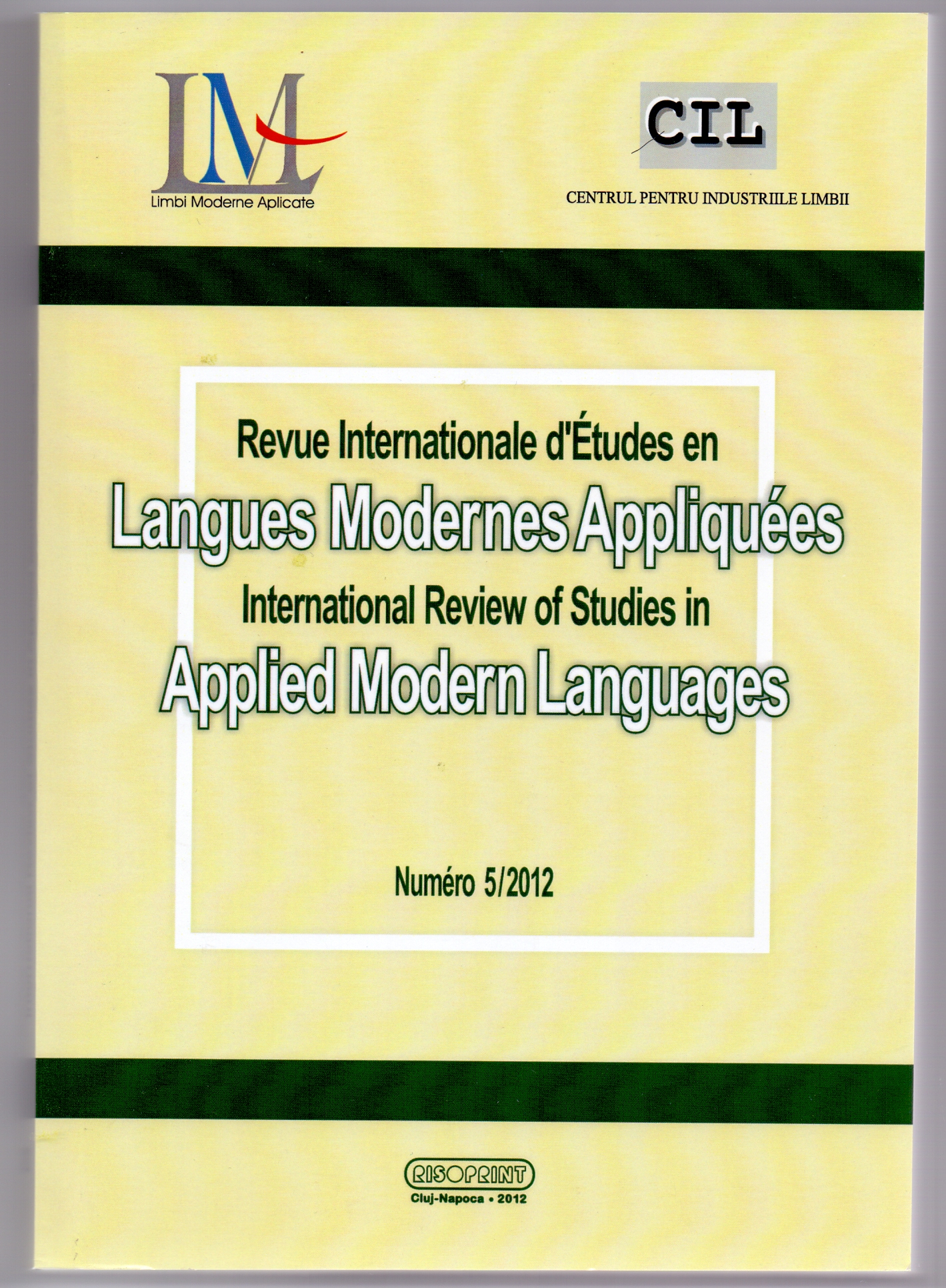The Importance of Listening in Consecutive Interpreting
The Importance of Listening in Consecutive Interpreting
Author(s): Rodica CaragiaSubject(s): Translation Studies
Published by: Risoprint
Keywords: listening; interpreting; memory; competence;
Summary/Abstract: The objective of this article is to present the methods, techniques and exercises used in consecutive interpreting classes and aimed at developing linguistic (audio) competences in would-be interpreters. First of all, interpreting means the understanding of the speaker’s original message. The understanding we refer to here is not of words but of ideas. Listening exercises play an important role in consecutive interpreting classes. The role of listening is highlighted by the fact that at this particular stage the majority of mistakes are made due to misunderstandings. The teacher’s main goal is to train interpreter’s ear in order to make him/her decipher the message irrespective of the pronunciation of the speaker. Another important objective is memory training. The article will also include the criteria for selecting audio materials during consecutive interpreting classes as well as the types of exercises used for developing memory and listening skills.
Journal: Revue Internationale d'Études en Langues Modernes Appliquées
- Issue Year: 2012
- Issue No: 05
- Page Range: 280-288
- Page Count: 9
- Language: English

